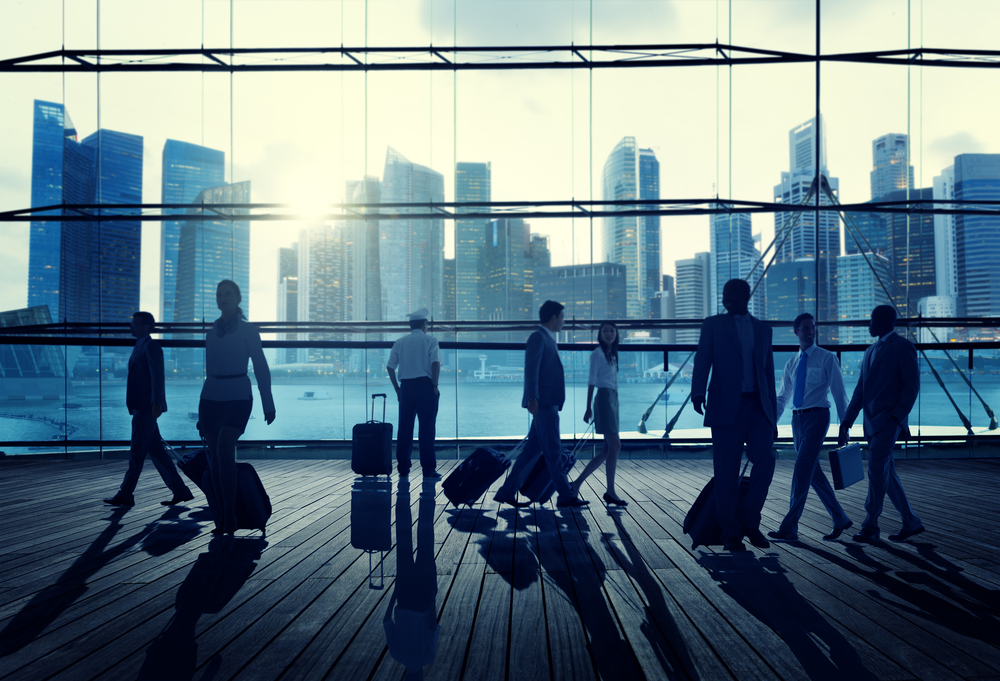Travel Guide
SAP Concur report shows five challenges affecting business travel in 2024

SAP Concur’s newest report shows that corporations have to stability quite a few components associated to business travel, notably these in the Asia-Pacific area.
According to SAP chief income officer for the Asia-Pacific and Japan Sushant Hain, these organisations should discover a stability between conflicting company and worker travel wants, handle worker reluctance concerning business travel as this might disrupt their work-life stability, and accommodate the rising calls for for sustainable travel.
Jain stated: “Measures businesses could take include improving the flexibility of their travel policies, and better harnessing emerging technology like AI to obtain data-based insights to streamline workflows, minimise disruption, cut cost and raise employee satisfaction.”
Five important areas
To guarantee easy working and maximise their investments in business travel, business leaders want to know the attainable friction factors.
These embody the specter of disruption, staff’ reluctance to travel, balancing operational prices with sustainability measures, unequal entry to travel alternatives, and the necessity to use AI to offer a seamless expertise from arranging for travel to travel safety and security.
Disruption, notably in gentle of the 19 June IT outage that struck airports and airways all through the world, is seen as one of many greatest points with regards to business travel. Around 86 % of travellers in the Asia-Pacific wanted to make last-minute modifications to their journeys final 12 months as a consequence of sudden delays, cancellations, and rerouting of flights or land transportation measures.
Keeping this in thoughts, organisations ought to take into account giving their staff additional turnaround time per reserving, personal or subsidised connecting transport, in addition to different options for simpler rebooking in the occasion of untoward incidents.
Dealing with reluctance and sustainability
There are legitimate causes behind the reluctance of many business travellers in the Asia-Pacific, and these stem from security considerations, in addition to the sociopolitical tenor in sure nations. 42 % of would-be business travellers cited their concern for private security as a purpose for turning down or hesitating over orders to travel.
At the identical time, as much as 28 % of business travellers in the area expressed their willingness to say no a visit if it means increasing the corporate’s carbon footprint or if they don’t seem to be given choices for sustainable travel.
However, this poses a good larger budgetary concern as most corporations really feel that their travel budgets are insufficient for overlaying the price of sustainable travel choices.
Unequal travel alternatives are additionally among the many key points that require addressing. Even in the twenty first century, unequal entry to travel stays, with as much as 22 % citing seniority, 18 % declaring age, and 10 % saying gender as the highest factors of consideration at any time when corporations assign individuals to business journeys.
Where does AI come in?
Up to 95 % of Asian travellers stated that they’re open to utilizing AI-enabled instruments and choices at any time when they prepare for business journeys. It is attention-grabbing to notice, nevertheless, that solely six % are snug utilizing current-generation AI-enhanced choices.
It also needs to be famous that as much as 90 % of business travellers throughout the area need their corporations to provide them assurances for private knowledge safety, safety in opposition to potential biases, in addition to for any repercussions in the occasion that AI-assisted bookings run in opposition to firm travel insurance policies.
